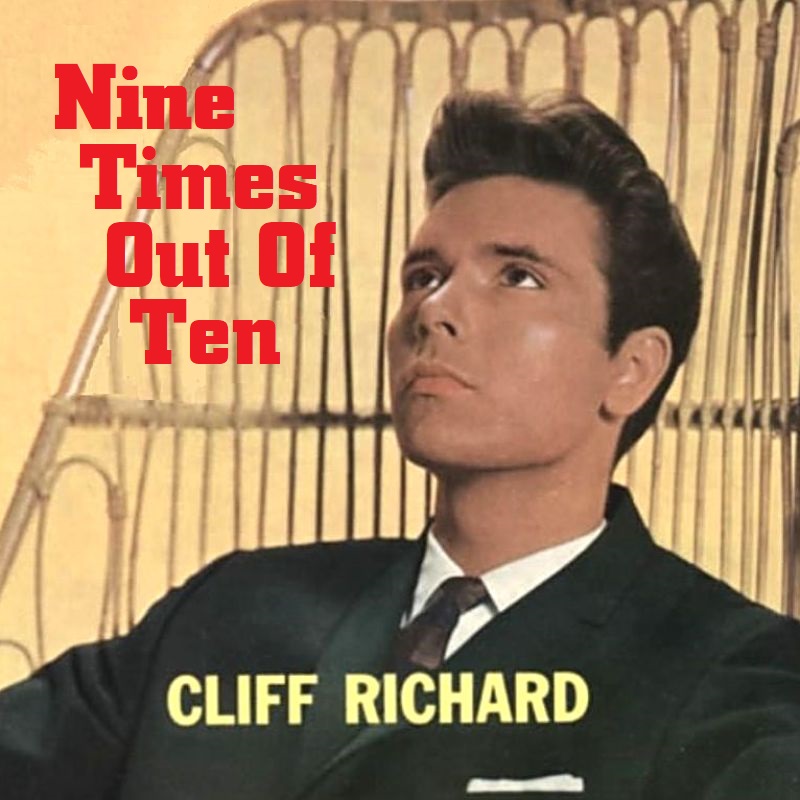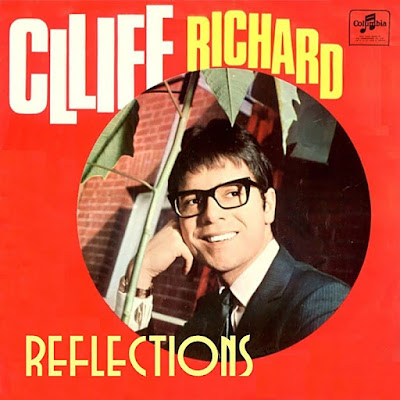I know 'The Long Way Home' had a dodgy beginning, and I tried pitch correcting and got nowhere, but then I had a brainwave and patched it with sections from the middle of the track, so download again for a better copy of the song.
Neil Diamond started his musical career writing and singing his own songs for demos, and his first recording contract was billed as "Neil and Jack", an Everly Brothers-type duet with high school friend Jack Packer. They recorded the singles 'You Are My Love At Last'/'What Will I Do', and 'I'm Afraid'/'Till You've Tried Love', both released in 1962, and despite positive reviews from Cashbox and Billboard magazines they were not successful. Diamond signed with Columbia Records as a solo performer later in 1962, and in July 1963 they released the single 'Clown Town'/'At Night', which once again received complimentary reviews, but it still failed to make the charts. Columbia dropped him from their label and he went back to writing songs in and out of publishing houses for the next seven years. He wrote wherever he could, including on buses, and used an upright piano above the Birdland Club in New York City, but he was only able to sell about one song a week during those years, barely enough to survive. The privacy that he had above the Birdland Club allowed him to focus on writing without distractions, and this freedom resulted in more interesting songs beginning to appear, including 'Cherry, Cherry' and 'Solitary Man', and the latter was the first record that Diamond recorded under his own name which made the charts. He spent his early career in the Brill Building, and his first success as a songwriter came in November 1965 with 'Sunday And Me', a Top 20 hit for Jay and the Americans, but that was just the beginning, as this was followed by 'I'm A Believer', 'A Little Bit Me, A Little Bit You', 'Look Out (Here Comes Tomorrow)', and 'Love To Love', all performed by the Monkees.
'I'm A Believer' became a gold record within two days of its release and stayed at the top of the charts for seven weeks, and other notable artists who recorded his early songs were Lulu, Cliff Richard and Deep Purple. In 1966, he signed a deal with Bert Berns's Bang Records, then a subsidiary of Atlantic, and his first release on that label was 'Solitary Man', which was his first true hit as a solo artist, and he followed that with 'Cherry, Cherry' and 'Kentucky Woman'. He began to feel restricted by Bang Records because he wanted to record more ambitious, introspective music, such as 'Brooklyn Roads', but Berns wanted to release 'Kentucky Woman' as a single, while Diamond proposed 'Shilo', which was about an imaginary childhood friend. Berns believed that the song was not commercial enough, so it was relegated to being an LP track on 'Just for You', his second album for Bang. Diamond wrote every song on 'Just For You', and it included his own versions of the hit singles 'I'm A Believer' by The Monkees and 'The Boat That I Row' by Lulu, but it wasn't long before all of the songs on the record had been noticed and covered by other artists, and so this post is Neil Diamond's second album as interpreted by some well-known and some not so well-known artists of the late 60's. To flesh out the post to a reasonable length I've also included the b-sides to a couple of his 1967 singles, taken from his previous album on Bang.
Track listing
01 Girl, You'll Be A Woman Soon (Cliff Richard 1968)
02 The Long Way Home (Quentin E. Klopjaeger With The Gonks 1968)
03 Red Red Wine (Jimmy James And The Vagabonds 1968)
04 You'll Forget (The Wanderer's Rest 1967)
05 The Boat That I Row (Lulu 1967)
06 Cherry Cherry (Wishful Thinking 1967)
07 I'm A Believer (The Monkees 1966)
08 Shilo (Springbok 1971)
09 You Got To Me (Gene Pierson 1968)
10 Solitary Man (The Kitchen Cinq 1967)
11 C'est Pour Vous Que Je Chante (Thank The Lord For The Night Time) (Les Hou-Lops 1967)
12 Oh, No No (I Got The Feeling) (Wool 1972)
13 Do It (Keith Allison 1967)









